Want more on this topic?
Charles Pakana (Victorian Aboriginal News):
Well, as everyone who listens to this program is aware, for quite a couple of months, we’ve been following up on the Department of Energy, Environment and Climate Action’s 24th September announcement that it would be extending the order in council on the unprotection of dingoes across much of Victoria.
We’ve spoken already to the Taungurung Land and Waters Council to various environmentalists and ecologists, and today we’re catching up with an old mate, Uncle Rodney Carter, who’s the CEO of DJAARA, which represents the Dja Dja Wurrung Clans, north northwest of Melbourne.
Uncle Rodney, thanks so much indeed for coming back onto the program.
Uncle Rodney Carter (DJAARA CEO):
Well, Uncle Charles, it’s great to catch up with you again. And I’m really looking forward to this yarn.
Charles:
Well, let’s just dive into it, Uncle Rodney. And first of all, when we talk about the dingo, I’d like to understand the cultural and spiritual connection that exists between the Dja Dja Wurrung Clans people, and I believe you call it the Gal Gal. Is that correct? The dingo.
Uncle Rodney:
Yeah. So, in our language it’s Gal Gal. I think it’s really important maybe at the start for me to describe the cultural association. But use some examples that maybe your listeners can use as threads around connection.
Charles:
Sure.
Uncle Rodney:
So, we describe it as an ancestor, so it’s somebody then that has come before us. We have that familial connection, as opposed to genealogical. Where it rests in terms of the story, the creation, the origin. It’s an ancestral spirit. So, it takes place in geological forms. It takes form in a sense through song, dance and astronomy. And that creates a greater world connection to something that we know as a physical being that we’re connected to.
And as we’ve seen, as I think, probably a new visitor, if we look at the biology, the ancestry in a sense of the dingo, we understand that it’s new in terms of our timeline as a people.
Charles:
And it’s still about five, five and a half thousand years, which is a hell of a long time.
Uncle Rodney:
It is a very long time. And they’re all really good stories, they’re personal, and they’re constructive. And guess what we’ve done? The Gal Gal is our companion. And so, now, it’s something from a world that is really close to us as a people and would be at our homes, at our camps, would be part of our life ways.
And I think pet’s an unusual word when we describe things that we love as animals in a sense. It’s not immediately a pet. But for your listeners, what does it feel like when something tragic, traumatic happens to one of your loved ones as your pet, as your companion?
Wherever we go now in our discussion sort of around, I just want people to understand. We love this animal and it’s part of our family, and how does it feel to you? And for me, I liken this to murder.
Charles:
That’s a pretty heavy comment.
Uncle Rodney:
I know. I know it is. But put your self in my situation, think if this happened to you and your pet, your companion, your loved one, this is the type of emotional trauma that we’re facing. Actually, I don’t want to get too upset, but you set that aside.
Charles:
Yeah. Before this interview started, you and I were having a yarn about the purity of the dingo out there. And I’m well aware that there was a lot of misinformation leading up to the 24th September, spread from whomever or wherever, that the purity of the dingo in Victoria had been compromised to such a degree that the vast majority of so-called dingoes were, in fact, hybrid wild dogs.
Uncle Rodney:
Yes. Yes.
Charles:
As you are well aware I’m sure, being a member of the Federation of Victoria Traditional Owner Corporations, research has been shared by the federation on the fact that, in fact, the vast majority of wild dogs killed that have a degree of dingo in them are actually purebred dingoes.
Uncle Rodney:
Yes.
Charles:
Is that lining up with the observations of the DJAARA and your interactions with dingo out there on country?
Uncle Rodney:
Yeah. So, look, animal behavioral science is something I’ve dabbled in. I’ve worked with the state government, others, and as a regulator and investigator. But for me, in terms of my cultural knowledge and association with country, you look at the behavior of this Gal Gal when you’re at country, and it speaks of being a dingo. You look at what we understand to be our dogs, and then, even describing legislation, a dog run wild. So now it’s not cared for, it’s not looked after, it’s lost ownership in a sense. Their behaviors as canine are different.
What you’ll find in the way that animals through pack orientation, and so now, it’s actually the care in terms of the leadership, the principal structures around male and female and young and the rearing, it is different. And so, I’ve been bewildered my life that people have just erred to this place of misplaced care in terms of agriculture. And these animals are a threat and they’re dangerous. And I think they’ve always shown their true colors of who they are, and science hasn’t immediately assisted us I think in that. Because it’s proposed through other expert eyes and observations, these are just wild dogs. And unfortunately by the loss, this murder, this killing of this important being that now we know it’s Gal Gal, it’s dingo.
Charles:
Let’s get now to the interactions with the department in the lead up to the extension of the order in council on the unprotection of dingoes. What level of consultation was undertaken by the department with the DJAARA prior to the 24th of September?
Uncle Rodney:
Leading up to this subject to non-disclosure and privacy at those times, is us being told this is what we’re going to do. And maybe there’s an element of the state being sorry for this and trying to appreciate the importance to us as a people. Even understanding the importance now scientifically, and maybe what this animal, this species plays in biodiversity and ecosystem function, but delivering a pretty sad message at the end of the day that this is going to continue.
Charles:
I’m intrigued. You said that they came to you and said this is what we’re going to do, which is somewhat different to coming to you and saying this is what’s being considered, but we need feedback before decision is made. To the best of your understanding, and without having all the documents on hand right now, was there an opening for traditional owners to go in there and influence the ultimate decision? Was there time? Was there opportunity?
Uncle Rodney:
So, I’ll describe that, I don’t think so. I don’t feel so. There’s been, through community across First Nation traditional owners collaboration with the state. In particular, there’s been forums facilitated around the Southern Wimmera, around near Horsham. The system understands what is important to us as people. You blend a side comment, the sciences are telling us now some information around this, and those in the position to make such a tragic decision have chosen, as we’re discussing today to treat this animal as not good enough to be protected.
Charles:
Now, this is a four-year extension on the ordering council. This goes through till 2028. Already ecologists such as Jack Pascoe, who we’ve spoken to and Professor Euan Ritchie have stated that yes, while the government did the right thing on [inaudible 00:08:25] and the First Peoples of [inaudible 00:08:29] had done the right thing there. Because numbers were down to as low as 40 some estimates there. The numbers aren’t that much better really in your country and further in the east of the state. What would you say to the government now in order to bring about a change in heart and mind and position?
Uncle Rodney:
I don’t think there’s anything we can say more to them about what they’ve done. What they’re doing is wrong. They are within the authority. I think they are with the ability, their intellect to understand what they are doing is so wrong for the sciences. And a lot of legislation say importantly that we must ensure the highest order sustainability principles. And we know internationally in terms of ecosystem function and the roles of different species that a peak animal such as a canine, a dog, a dingo wolf have a significant contributor. And for me, look, I don’t want to toy with words, but this is just another form of dispossession of people.
Charles:
Let me challenge you. It seems a bit strange that this is coming from a government that has made such incredible inroads into treaty. Truth telling and recognition of First Peoples in this state. And all of a sudden they come across with this sort of thing which flies fair in the face of the cultural interests of the First Nations peoples. I’m asking you to deliver a degree of conjecture here, but what do you believe it says about this government or elements of this government? Not the government as a whole, we can’t paint them with all the same brush. But it seems to fly fair in the face of what they would like to present themselves as being as friends of the First Nations?
Uncle Rodney:
Yeah, look, potentially, I never immediately want to be a judge around this stuff.
Charles:
Yeah.
Uncle Rodney:
I like the idea of, in a sense arbitrating because it’s a bit about challenging and critiquing. And I would think the intent is really good. It’s there, it’s framed. But then it’s only good in how it’s enabled and enacted. And I would think why would one specific element of our world holistically be targeted as such in such a negative way? And I love democracy, don’t get me wrong. I think it’s really important. But then what is the form of political or societal influence on those that are charged to govern us, but actually make hard decisions sometimes that we mightn’t necessarily like for the greater good?
And coming back to my point about ecosystem function. This animal, look, I hate referring in that term, but this animal has been hunted, poisoned, trapped-
Charles:
Demonized.
Uncle Rodney:
Demonized and murdered for long enough.
Charles:
Yeah.
Uncle Rodney:
I think we’re a good enough society as people, as Victorians or whatever we want to describe ourselves, to start really unpacking what in the goodness are we doing here. And start trying to address stuff where we know there’s massive catastrophes at play in terms of climate and global issues and that stuff. And we’ve got something we could easily fix here. Easily fix. And if it’s an argument around stock destruction and intrusion and that sort of stuff, we can work on some solutions around that.
Charles:
That’s an interesting point you bring up there with regard to easy solutions. Now, a number of them have been brought up by other interviews that we’ve had in this series of episodes. What relationship before we get there does DJAARA have with the agricultural community on your country?
Uncle Rodney:
I think we’ve got a degree of presence because we are in aquaculture now. We’re really significant kangaroo, grass-growing sort of farmers. But we’re not influential I think sort of in that space at the moment. But if we have any in all respect from others, we would want to participate probably in a challenging discussion around this.
One of the things that we’ve looked at in central Victorian grasslands and the threats to the plain wanderer, as examples of grim, a largely ground-dwelling bird, is that how do we in a constructive way look at the impacts on that as a species? So that means in some instance, exclusion of stock from areas to allow a greater biomass abundance, which becomes that vegetation shelter for this bird to be at ground. So there is practical useful solutions.
I think it’s too easy, the argument in agriculture that the destruction of stock is just too great. I can’t tolerate that. And I think what we need to do is really quantify this supposed alleged impact so then we can work on some solutions. And the one thing that we’ve seen again with the central plains grasslands is we do occasionally need grazing of sheep in these areas-
Charles:
Sure.
Uncle Rodney:
… for vegetation management. But we’d need to be shepherds to do this old way of farming that really common in Australia. We’re sort of absentee forms of landlords, farmers, we’re not shepherding. And I think there needs to be a closer human association with herds. So we understand now through that association probably a cultural connection. What is a pack doing? Associating.
So I think we’re really flawed, all of us, until we actually provide a human presence in the environment with our herds and with our packs. And so that’s two edges.
Charles:
Well, let me ask you this then. Would the DJAARA be prepared to sit down with the state government? With the Victorian Farmers Federation? With ecologists and environmentalists to come up with these more simple solutions and trial them with agriculturalists on your country?
Uncle Rodney:
Yeah, definitely. Look, in central Victoria, it’s probably not necessarily harder, but because of smaller agricultural parcels of land. And so I think having a degree of support by landholders, the freehold titles of lands to be able to move across the environment where they would have stock present. Because you’d need to be present as shepherds, as managers of herds and packs. Might be easier in other areas of country, but it’s really important that we do that. I think otherwise we’re relying on sensory cameras and trails, sort of detection of animals and that sort of stuff.
I generally think there’s an opportunity here for us to reactivate the ancestor in all of us and go to country. Whether it’s an agricultural environment, whether it’s in public land environment and first-hand start interacting and getting data.
Charles:
I’d like to get back to the interaction with the department prior to the 24th of September. Now I am aware through my sources that the DJAARA did provide a submission or a statement to the department. Are you able to share any level of content of what was in that or at least the crux of the matter of that submission or statement to DCARB?
Uncle Rodney:
So largely it was trying to describe the cultural connection, the importance of that as a being, for us as a people.
Charles:
Yeah.
Uncle Rodney:
Then it went on to where we’ve, in our plans and documentation, describe the importance of apical or peak species.
Charles:
Yeah.
Uncle Rodney:
So Gal Gal is one of those for us. Buttermull the Emu. Jung, the spotted Quoll. These types of animals have a significant contributing function in themselves to the system. So for many years we’ve said to the state, others, we want to re-wild as a way that some people describe it. But just to have this better presence of these species at country. And we’ve offered to collaborate and work together and try and work on solutions.
Charles:
What was the response to that offer?
Uncle Rodney:
Well, I think I touched on earlier that there was some community participant meetings, [inaudible 00:17:16] well estate and a few ideas proposed in that stuff. And I would think aside from you quoted the population number of that group in Wimmera or [inaudible 00:17:29], I just don’t think we’re heard.
Charles:
Do you think that once again, despite what the state government is doing, and it is doing incredible work when it comes to truth-telling and treaty, we can’t deny that. But is this a key area? This consultation with traditional owners on cultural and spiritual matters? And I will just remind the leaders that this is inherent also within the United Declarations on the Rights of Indigenous Peoples to which Australia became a signatory in 2009. Do you believe that these sorts of consultations, this care of First Nations connection to culture and spirit needs to be taken more seriously rather than just the socio-political things of treaty and truth telling?
Uncle Rodney:
I think it is being taken seriously.
Charles:
Well, it doesn’t show in the Order of Extension, does it?
Uncle Rodney:
I know. The irony in all of this is the weight that’s placed upon other types of values.
Charles:
You’re hedging around here something Unc.
Uncle Rodney:
Well, what I’m trying to suggest is that dingo is demonized to be the killer of stock.
Charles:
Absolutely. Yeah.
Uncle Rodney:
I could just as easily argue well, the absentee landlord, the absence of a shepherd, that’s where the fault lies.
Charles:
Yeah.
Uncle Rodney:
So where’s the care and custody, the duty of care responsibility for the owner of that stock? When so simply shooing away an animal, problem solved.
Charles:
Well, it’s been proposed that donkeys be used, large dogs who are specifically bred for this sort of thing. Because dingoes don’t want to go up against a donkey. They don’t want to go up against these large dogs that are bred to be shepherds as well, that protect these things. So they’ve certainly been put forward.
Uncle Rodney:
We’re pretty clever as humans aren’t we? We come up with all these nice cities, ways of ease in our world and that sort of stuff. And look, I’m not saying that finances and economics isn’t important behind all this sort of stuff. But very simply, we were pushed off landscape as people, we were displaced. We haven’t got that animal husbandry element, that connection immediately anymore. The spiritual and the desire are still really strong in our culture. We’re seeing others that have been of advantage by her displacement as a people.
Charles:
Oh, absolutely.
Uncle Rodney:
And another victim in all of that. And I think, no, let’s start taking responsibility actually for all of who and what we are. We farm the land, we love the land. We need food. The solutions I think are going to be needed on that side of that fence in a sense, as opposed to saying over this side of the fence, you’re all pretty bad and naughty.
Charles:
Uncle Rodney Carter, thanks so much indeed for your time, brother.
Uncle Rodney:
It’s a pleasure always. Thanks Uncle Charles.


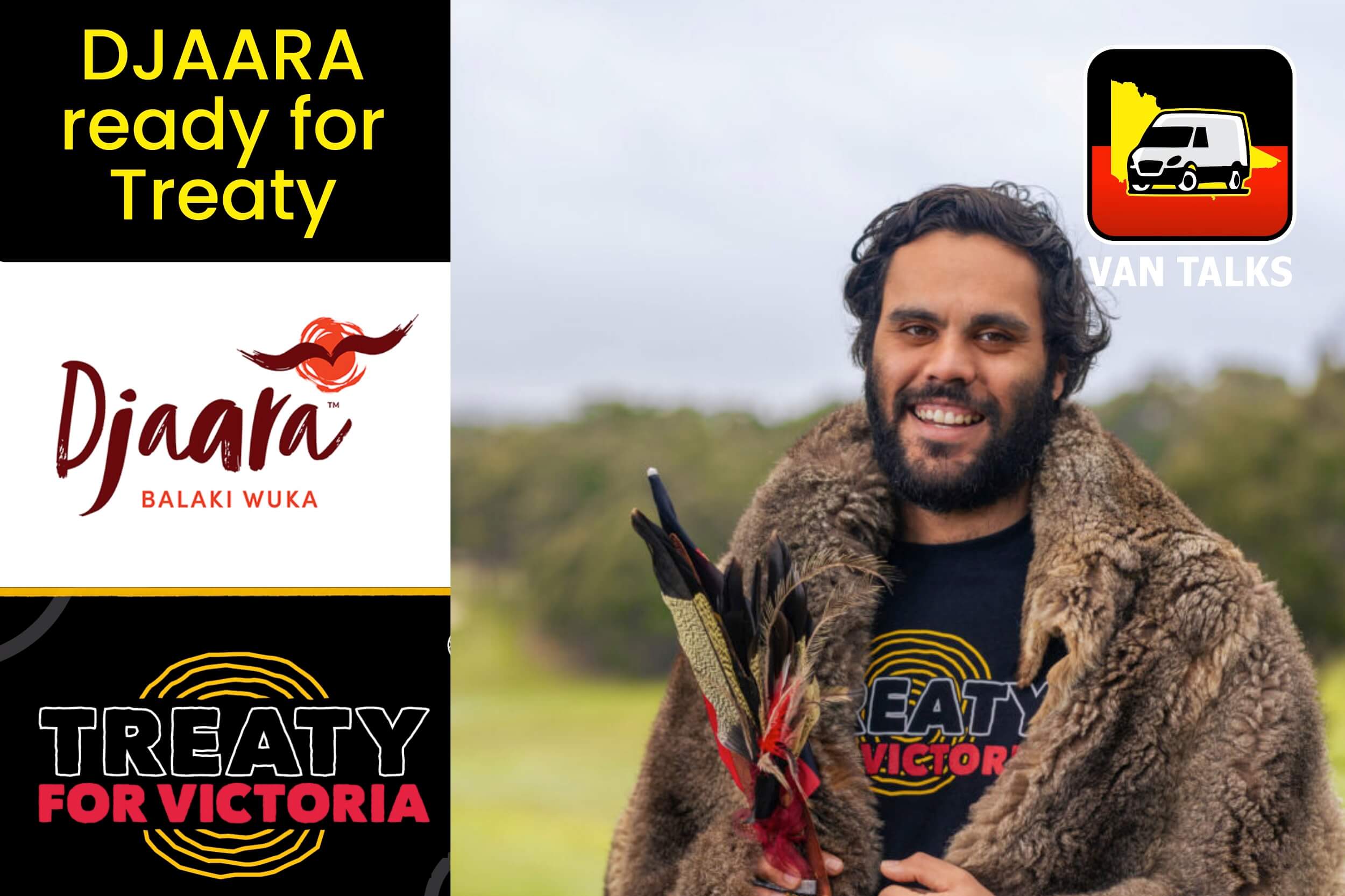
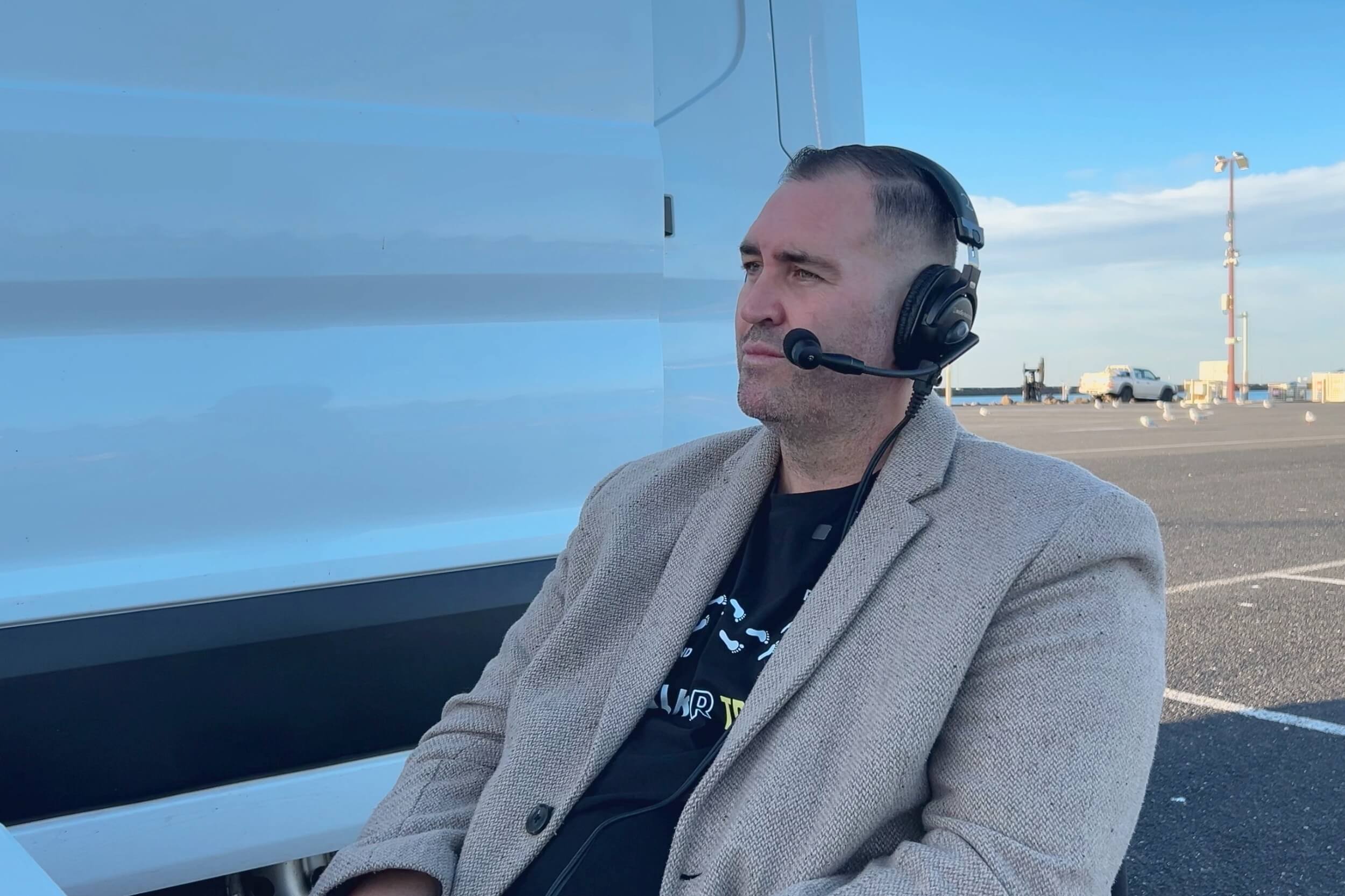
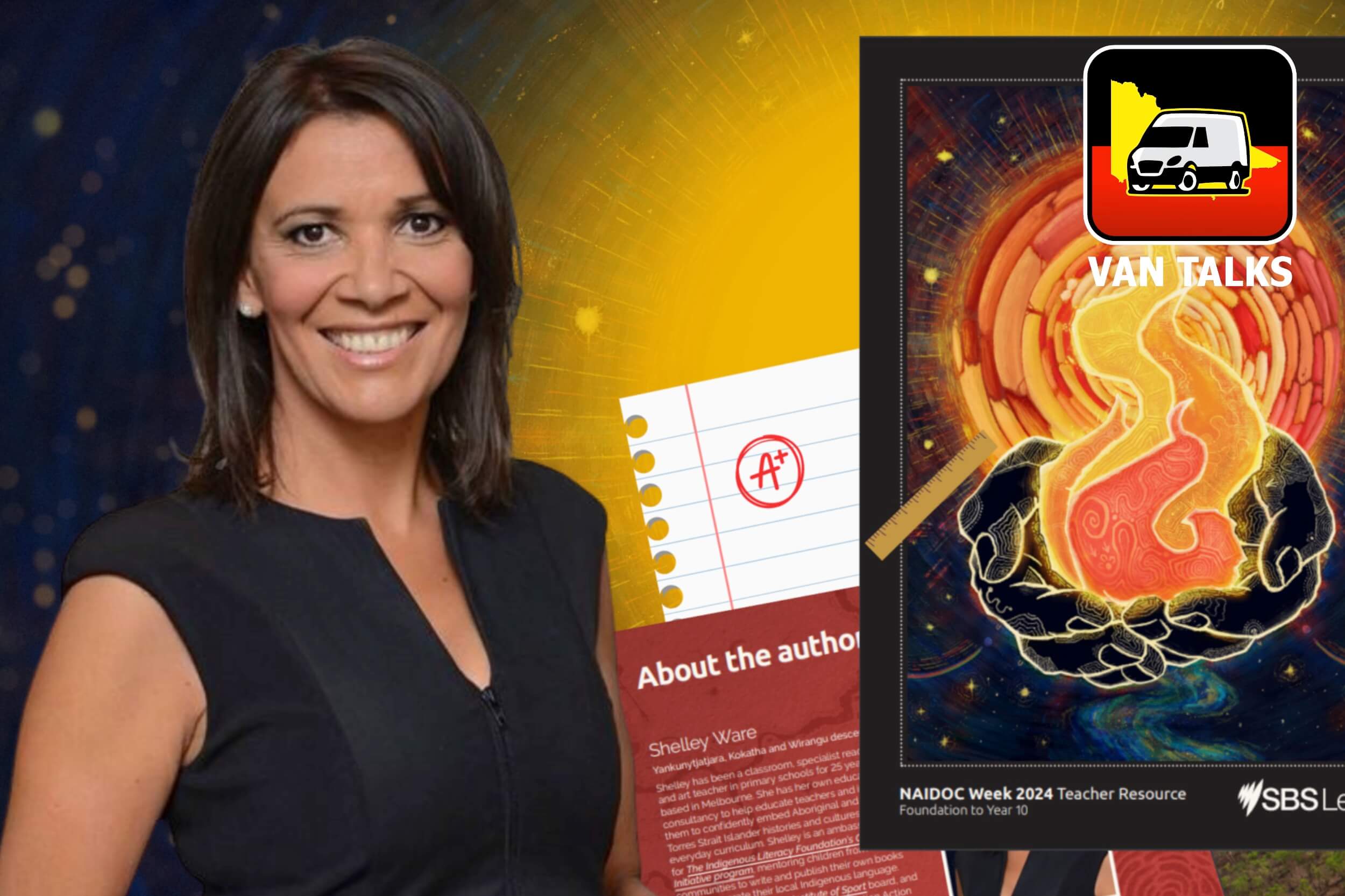
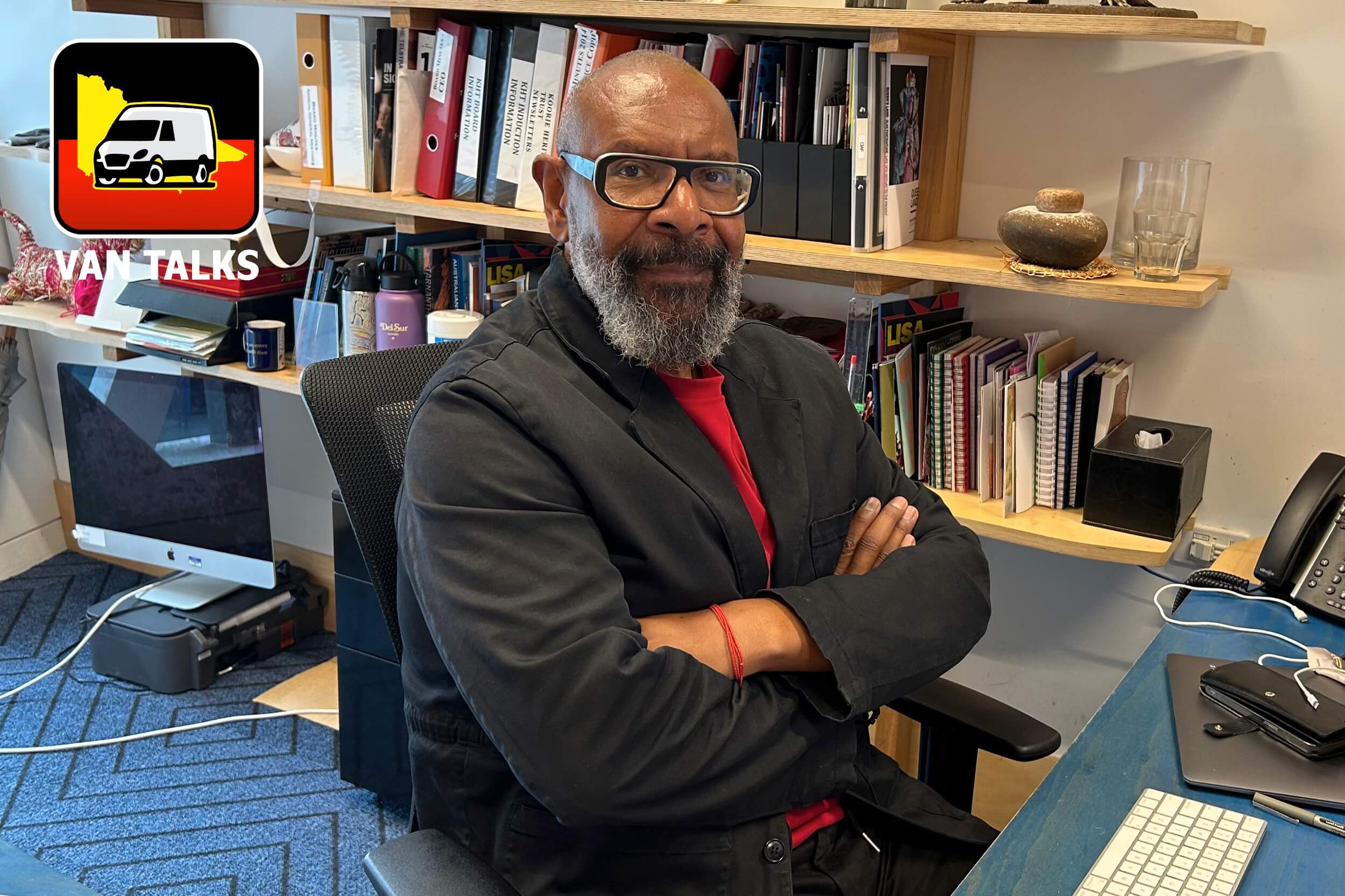
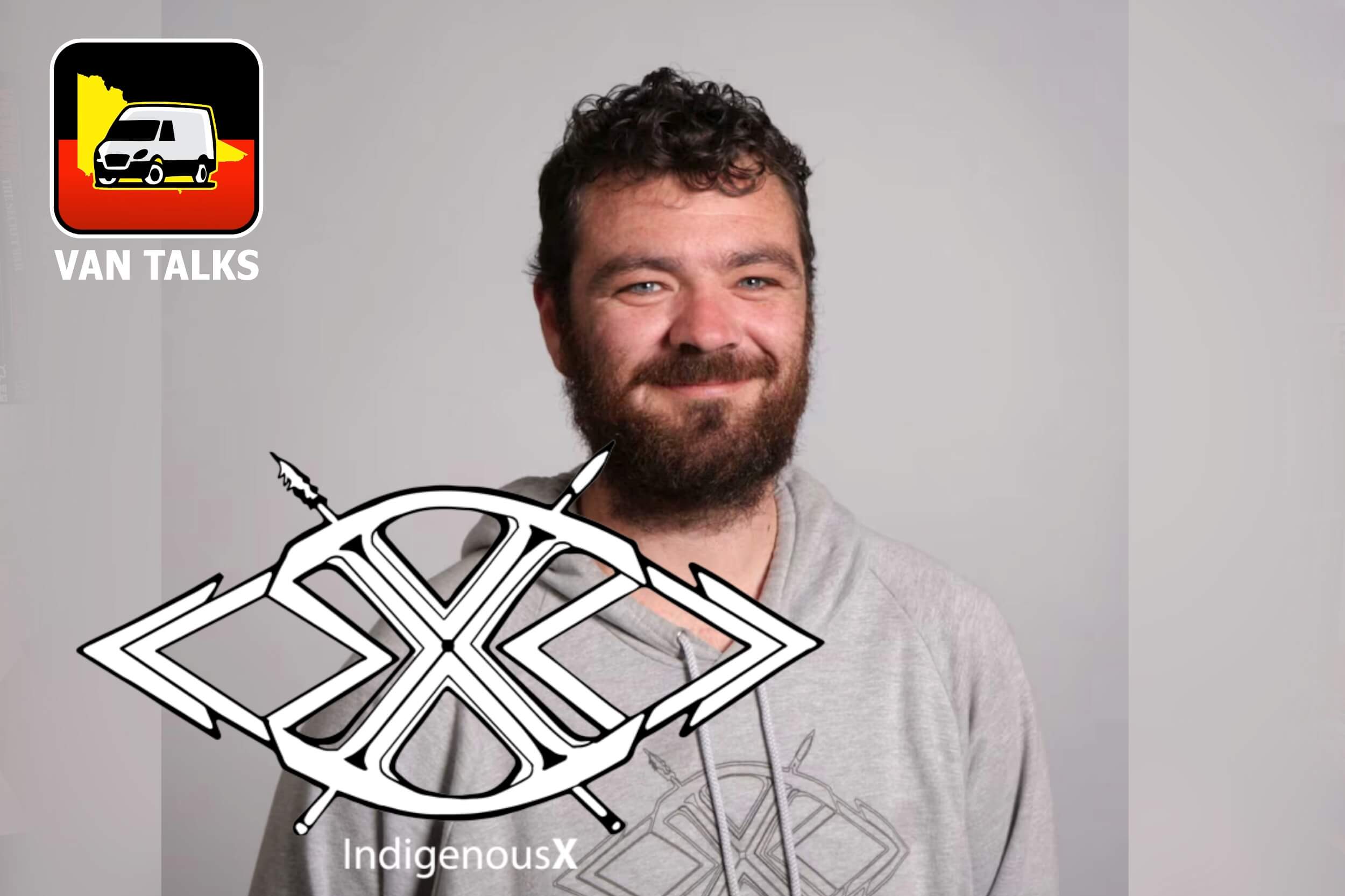

0 Comments